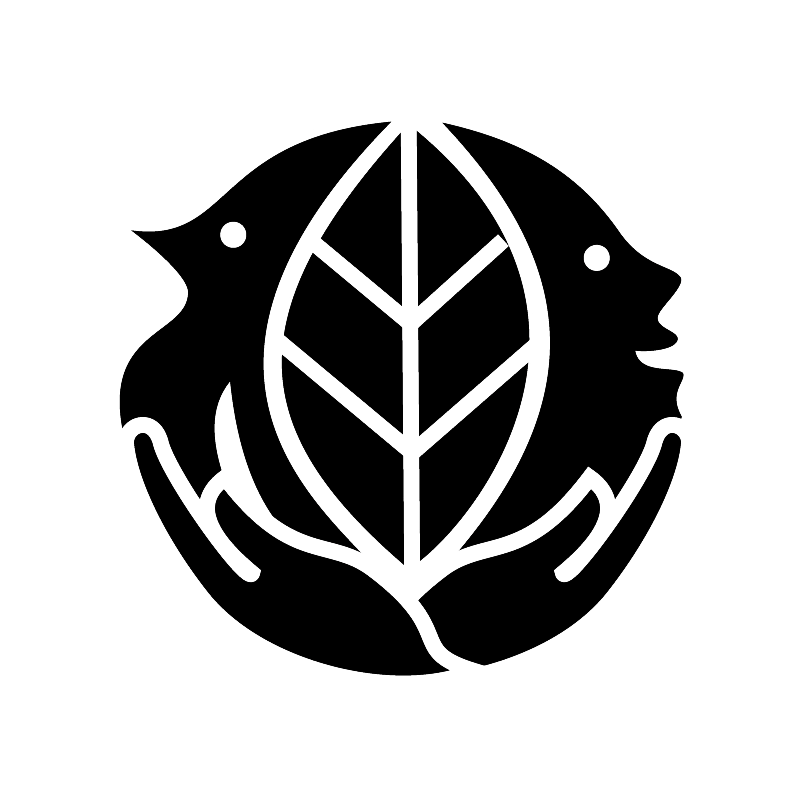Dear friends,
2020 was the final year of UEBT’s previous strategic plan. We accomplished a great deal: the launch of our certification label, the revision of the Ethical BioTrade standard, significant growth in company commitments and actions, and most importantly, increased impacts across hundreds of ingredients from biodiversity.
During the cycle of the strategic plan we doubled our membership (from 34 to 68 companies) and increased the number of supply chains undergoing sourcing improvements by more than 120% (from 400 to more than 900).
We now launch the next strategy which will take us to 2024, and it proves to be our most ambitious yet. We plan to again double membership, expand our work in herbs & spices and flavours, and see 100 ‘biodiversity action plans’ implemented by companies all over the world. We will also begin to collaborate on issues-based campaigns with the growing number of brands that have joined UEBT.
All this work is grounded in the commitments our members make on ethical sourcing and on promoting positive impact for people and biodiversity. We thank them all for their ambition and their accountability.
Let’s get to work shaping a world in which all people and biodiversity thrive!
Bas Schneiders, Board President
Rik Kutsch Lojenga, Executive Director
Field verification in sesame fields, Uganda - with UEBT’s Standards and Certification Expert Jerida Sinange (right)
Testing of the Biodiversity Action Plan (BAP) in Western Ghats, India biodiversity hotspot - with UEBT’s M&E and Biodiversity Expert Simona D’Amico (center) and India Representative Sureel Singh (left)














































